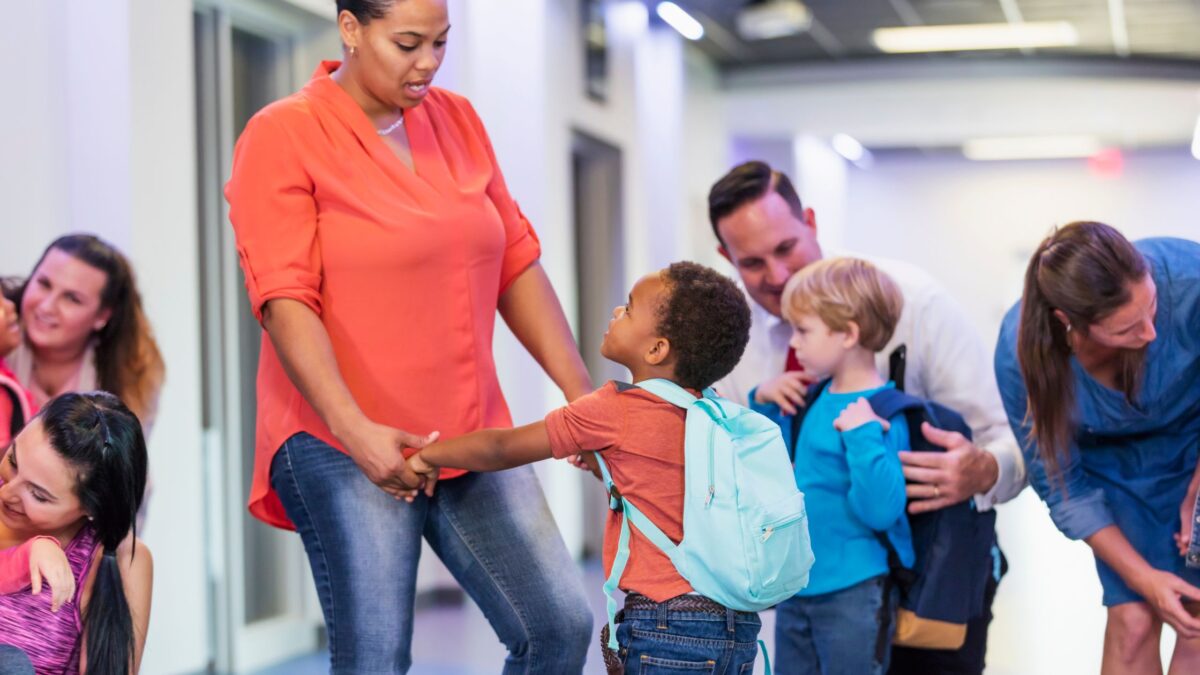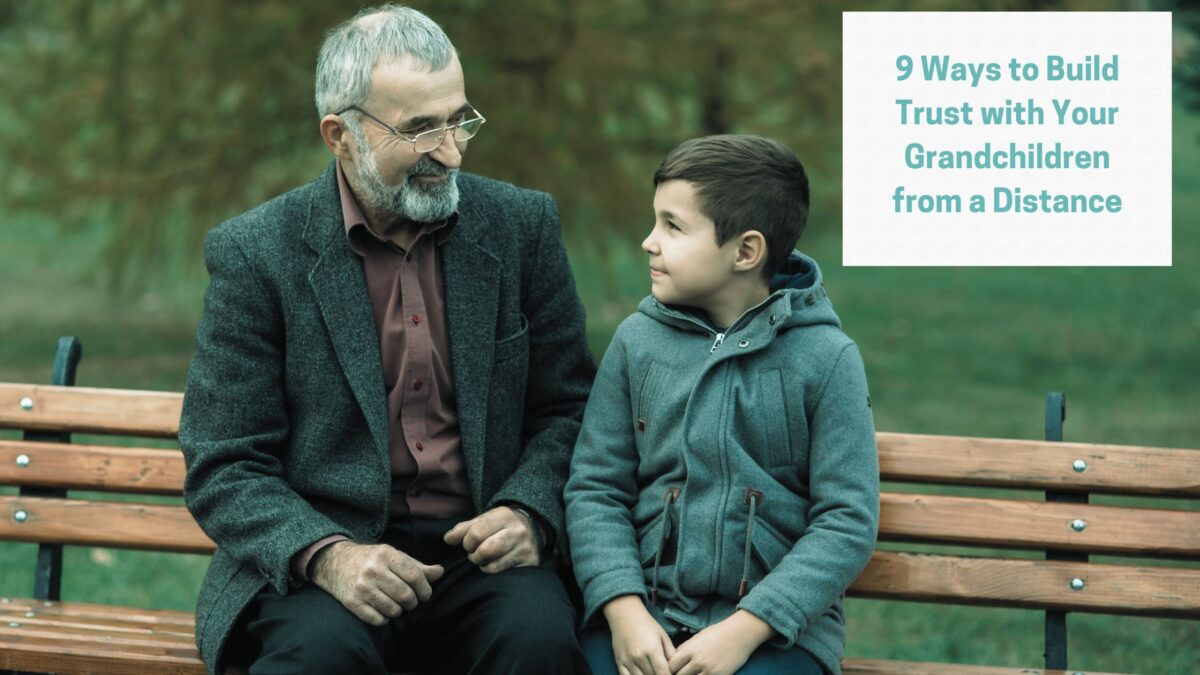I’m delighted to welcome Sara Breindel as a guest blogger for The Long Distance Grandparent. Sara is Chief of Staff at Changing the Narrative, the US’s leading effort to change the way people think, talk and act about aging and ageism. In her role, she furthers the mission to create an age-inclusive society by managing campaigns, devising strategy, and developing communications.
Changing the Narrative and The Long Distance Grandparent are collaborating to raise awareness about ageism – and the powerful role grandparents can play in ending it for their grandchildren.
Our words and stories shape how our children and grandchildren see the world. When I was very young, one of my grandmothers would always answer that she was 29 years old when asked her age. Once I was old enough to think about that, I realized that would mean that she was only a few years older than my mother. Not possible. I did learn her real age eventually, but I also learned that there was something wrong with being old. She was joking, of course, but the joke is only funny if you think that there is something wrong with being old.
It’s been shown that grandparent relationships impact how children feel about older adults and about aging. Positive relationships correlate with children having less ageist views. (By the way, it isn’t the frequency of contact; it’s the quality.) Strong relationships with our grandchildren may help them feel better about getting old themselves and help them see older people in a better light.
What is ageism?
At Changing the Narrative, we are working to end ageism, a topic that many people haven’t considered. So, what is it and why should we care?
To start, ageism is making assumptions about someone purely based on their age. Ageism is more formally defined as stereotyping, prejudice and discrimination towards others based on age. It is commonly thought of as something that happens to older people, but it can happen to anyone. When we assume, for instance, that someone is incapable with technology just because they are over a certain age, or good with it just because they are young, we are making an ageist assumption.
Ageism is often negative, especially when it comes to getting older. It is also unrealistic. All older people are not grumpy and selfish, nor are they wise and kind. All younger adults are not rude and selfish, nor are they clever and stylish. People age in different ways and on different schedules. Our experiences are varied. You probably do not fit all the stereotypes.
But, you may protest, age does affect who I am and how I act. Of course it does. However, it is one of many things that affect us and it doesn’t affect everyone the same way. One parent becomes a grandparent at 55 and another not until 80. One person at 65 is running a business and another is retired. One 60-year-old manages their life on their smartphone and another has hardly touched one. So, how can we assume that we know enough about a person just based on their age?
Why should we care about ageism?
Our society thinks about aging in a most unbalanced way. Aging absolutely comes with changes and challenges. But that is not all that aging is. It also comes with skills, accomplishments, and insight that only years of living can provide. Yet we do not hear as much about that.
It is important to have a more balanced view of aging because how we think about aging impacts so many things.
- Our beliefs about age shape how well we age. Research shows that having a positive view of aging can extend our lifespans by an average of 7.5 years.
- Age discrimination in the workplace makes it harder for older adults to get and keep jobs. This is despite the fact that we live longer and healthier lives and many of us do need to work.
- Ageism also impacts the healthcare we receive. Studies show that ageism leads to significantly worse health outcomes.
- It’s expensive. Ageism in healthcare makes healthcare more expensive and ageism in the workplace impacts both individual financial security and business success.
Being an example to our grandchildren
Ageism shows up in many places, including in our own heads. Our own internalized ageism can lead us to think that we are done developing or that we don’t deserve to be fulfilled. We may act as if it is impossible for us to learn something new, even though studies show that older people absolutely can learn new things. It’s hard to challenge norms, but our ageism against ourselves makes aging worse than it is.
The good news is that our minds are the one thing we can do something about on our own. And we can help influence the next generation to think differently.
Let’s not perpetrate discrimination on ourselves. Instead of the default assumption that you are too old for something, try taking a fresh look. If we can overcome our prejudices and preconceptions, the real answers may surprise us.
We do not have to stop learning and growing. We can be a positive example to our grandchildren. When we succumb to ageism, we are inadvertently training the next generation to accept ageism. Our potential to grow does not diminish with age and being a grandparent gives us that much more opportunity to keep learning and to give back.
Sara Breindel, Chief of Staff, Changing the Narrative
Check out Kerry’s corresponding blog How (and Why) Grandparents Can End Ageism



